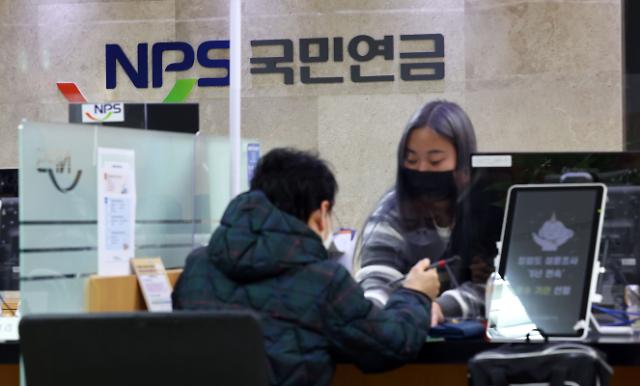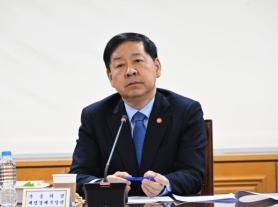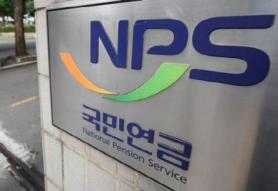
[Yonhap]
SEOUL -- South Korea’s national pension fund for salaried workers is expected to be depleted completely in 2055, 14 years after it begins to record a deficit, according to a committee evaluating the financial soundness of the fund.
The finding said that the depletion will come two years earlier than the committee’s previous calculation conducted five years ago, if the current pension scheme remains unchanged.
The panel, affiliated with the Ministry of Health and Welfare, cited the low birthrate, rapid population aging, and a long-term economic slowdown as key factors causing the pension fund to be dried up earlier than had been predicted previously.
According to the evaluation, the pension fund can maintain a surplus for the next 20 years as its revenue, including pension premiums and investment returns, exceeds its pension payments.
The panel forecast that the pension fund, which was estimated at 915 trillion won ($742 billion) at the end of October 2022, will reach the highest level of 1,755 trillion won in 2040.
However, the fund is expected to see its pension payments begin to surpass its revenues in 2041. Then the erosion of the fund will continue at an accelerating rate until the fund is depleted completely in 2055 when the deficit is predicted to snowball to 47 trillion won.
The committee suggested that the National Pension Service (NPS), the operator of the pension fund for salaried workers, raise pension subscribers’ contribution rate from the current 9 percent of their monthly wages to 17.86 percent in 2025 in order to ensure the fund’s financial stability.
The panel said the evaluation will be used for the government and the ruling party to work out a blueprint for pension reform. The finding is likely to give a boost to the Yoon Suk-yeol administration’s drive for pension reform. President Yoon has already vowed to focus on pension, labor and education reform this year, saying that such reform can no longer delayed.
Copyright ⓒ Aju Press All rights reserved.




